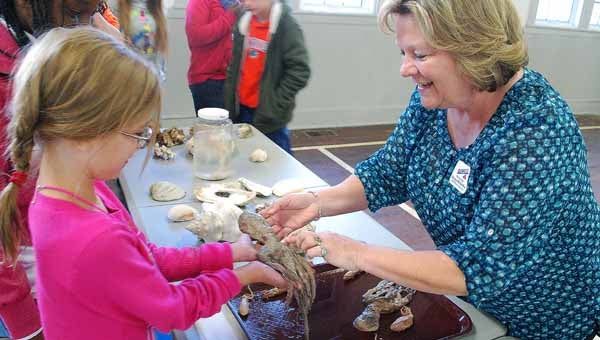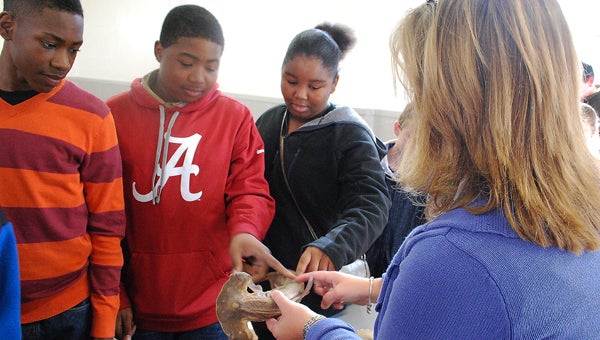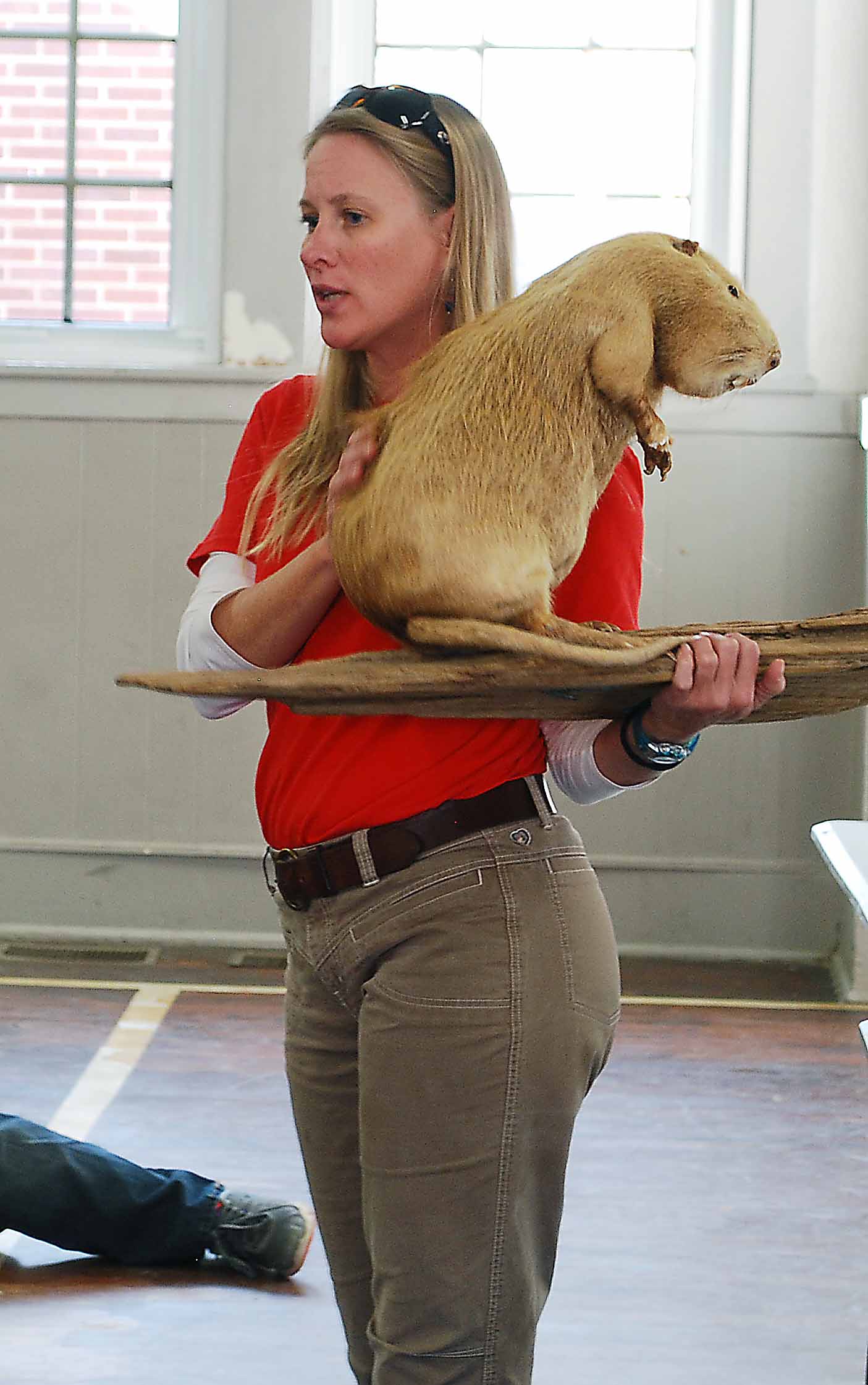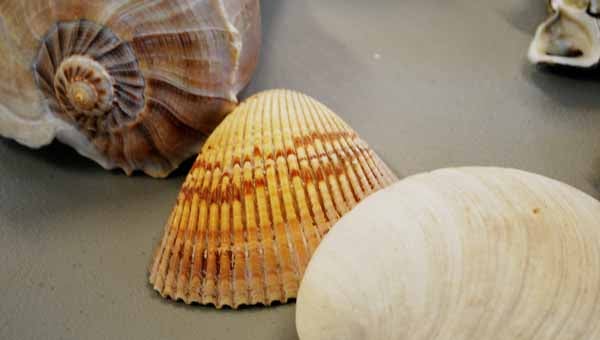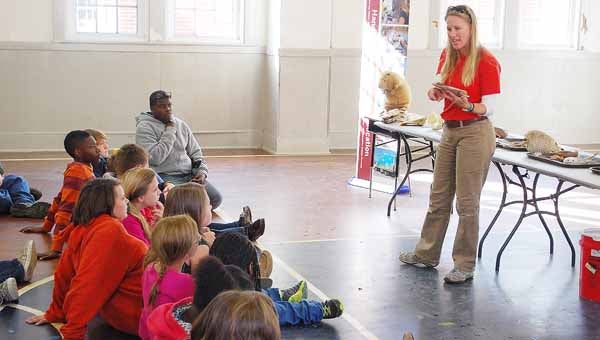MOBILE SCIENCE
Published 11:12 pm Thursday, November 14, 2013
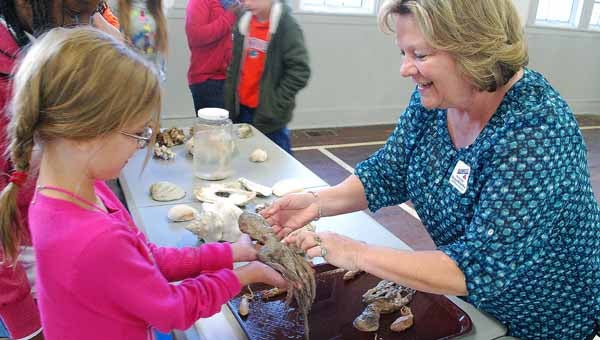
Photo by Robbyn Brooks | Students at Banks Middle School were able to hold and touch different sea creatures Thursday as part of BayMobile, a science classroom on wheels that brings coastal knowledge to inland areas.
Classroom on wheels brings coastal experience
Students at Banks Middle School were able to hold sharks, octopi, hermit crabs and more when BayMobile visited the school Thursday.
BayMobile – a science classroom on wheels – is a product of the Dauphin Island Sea Lab, Alabama’s marine science education and research institute. The program brings marine creatures and lessons about the oceans to Alabama’s schools.
“Programs such as this bring science to life,” said Troy University AMSTI Coordinator Denise Adams. “Students can read about science, but opportunities like this one really connect them to the subject matter.”
Jennifer Latour with the Sea Lab contacted the Troy AMSTI office for opportunities to visit schools in the Pike County area. During Latour’s three-day trip to Troy, she took the BayMobile program to Goshen, Charles Henderson Middle School and Banks Middle School.
“We travel all across Alabama,” Latour said. “The main reason we bring BayMobile to students is to make a connection for them that what they do affects the ecosystem.”
While at Banks, Latour showed students examples of crabs, sponges, sharks, coastal rodents and other animals that depend on a healthy ecosystem. Her goal, she said, was to talk to students about biodiversity and the importance of protecting the watershed.
“The Gulf of Mexico is a vacation place for us,” said Donna McLendon with AMSTI. “We may not think about the area much except for that vacation time, but what we need to understand is what we do here travels downstream and affects areas such as the Gulf.”
At the end of Latour’s talk about the animals and land on the coast, she invited students to touch and see sea life more closely.
“I learned about hermit crabs and how sharks teeth come in,” said Deavionne Flowers who is in the seventh grade.
“I thought it was cool. The weirdest thing I touched had to be the octopus. That was really strange.”
AMSTI, the Alabama Math Science and Technology Initiative, promotes the belief that integrated teaching is the best way for children to learn about the world around them.
“We provide math and science resources to the schools,” Adams said. “It’s exciting to us to be able to provide materials that many schools normally wouldn’t have access to.”
For more information about BayMobile or the Dauphin Island Sea Lab sponsored by ExxonMobil and the Alabama Power Foundation, call (251) 861-2141.
- Photo by Robbyn Brooks | Students at Banks Middle School were able to hold and touch different sea creatures Thursday as part of MobileBay, a science classroom on wheels that brings coastal knowledge to inland areas.


